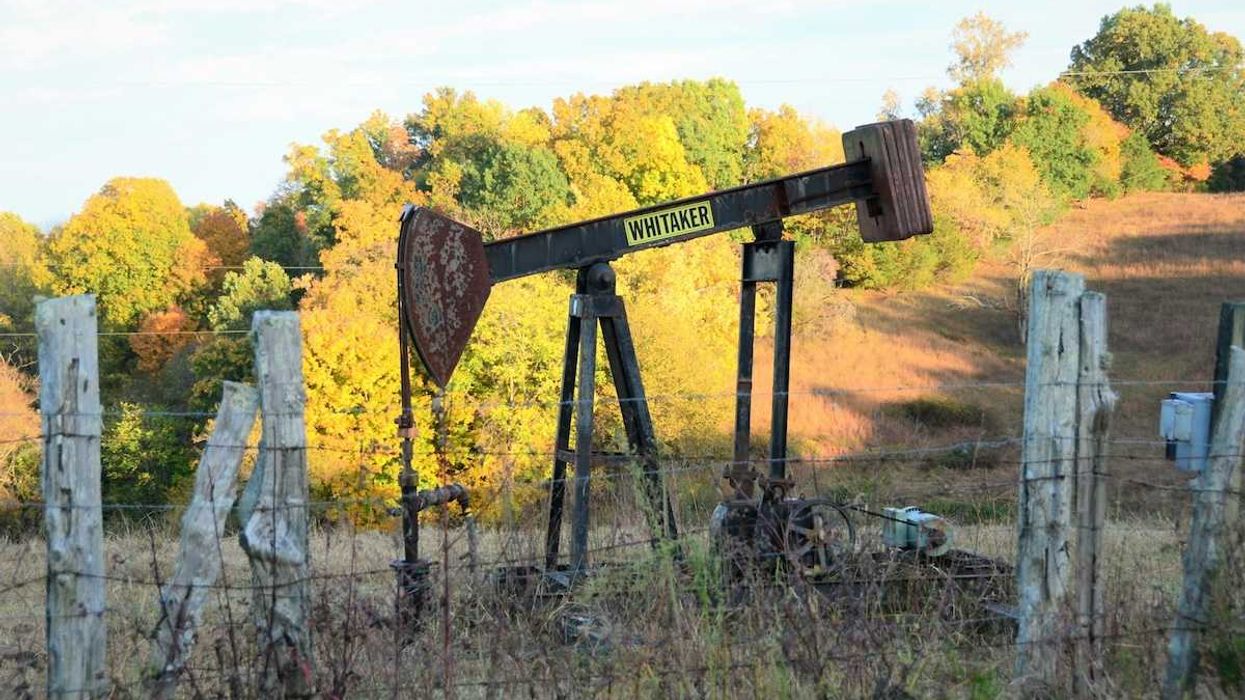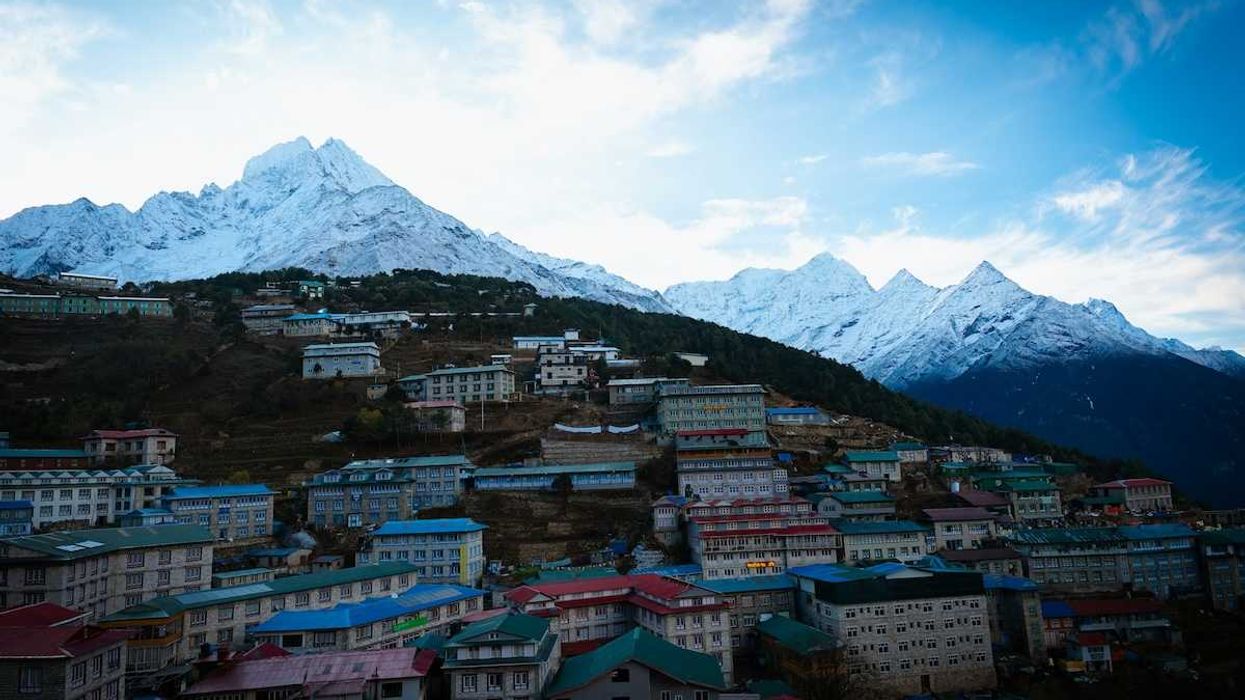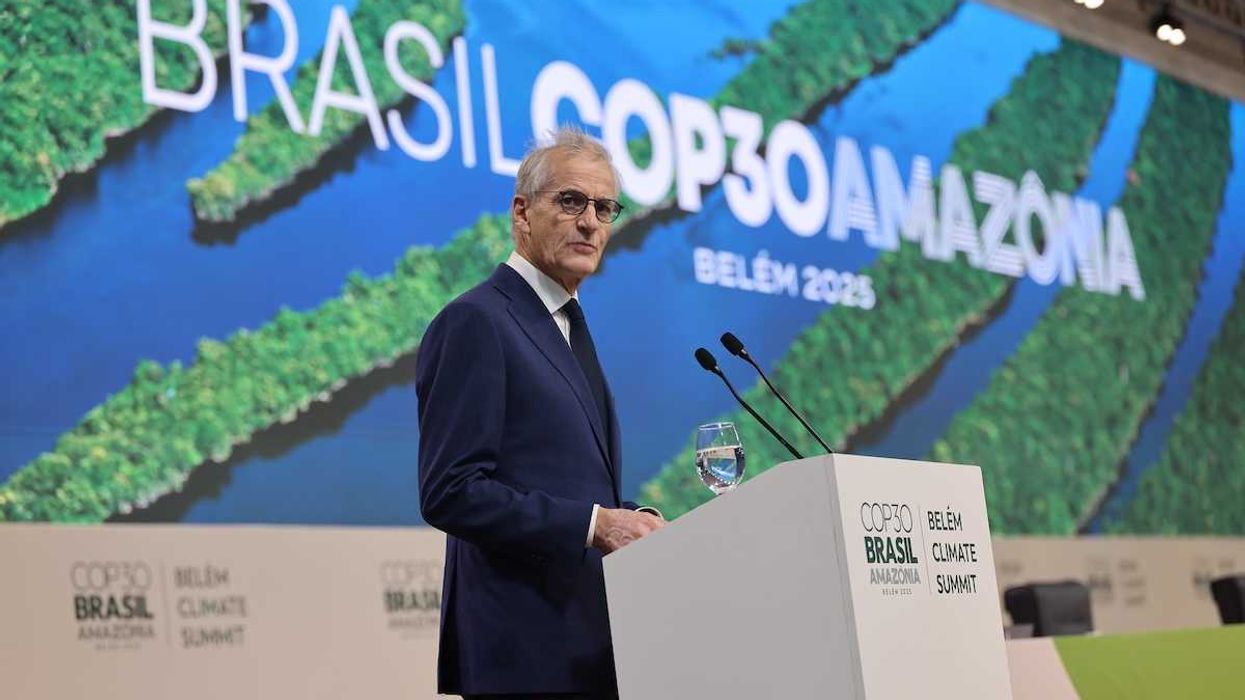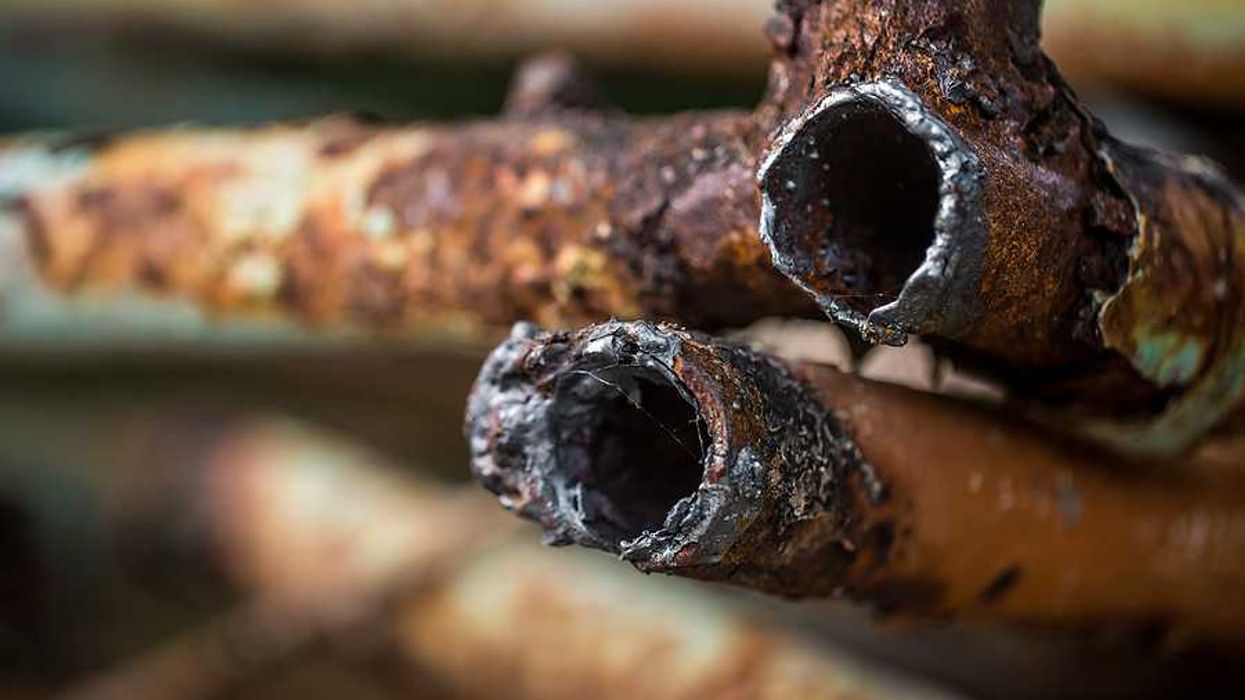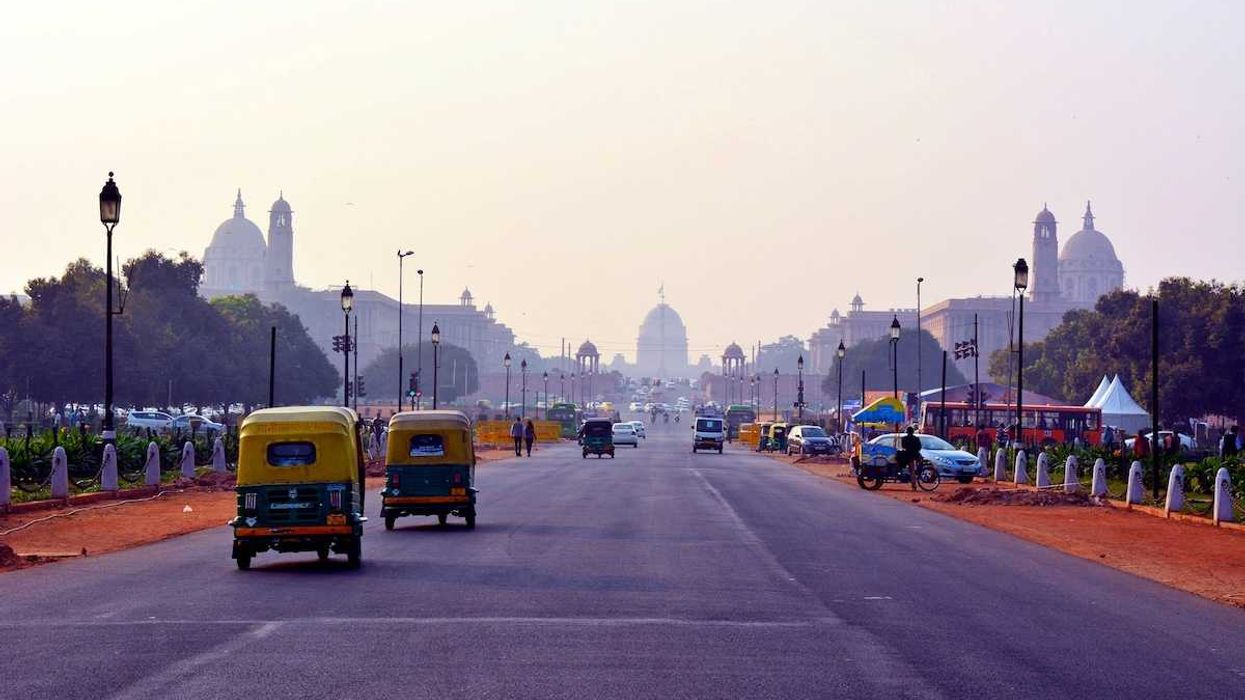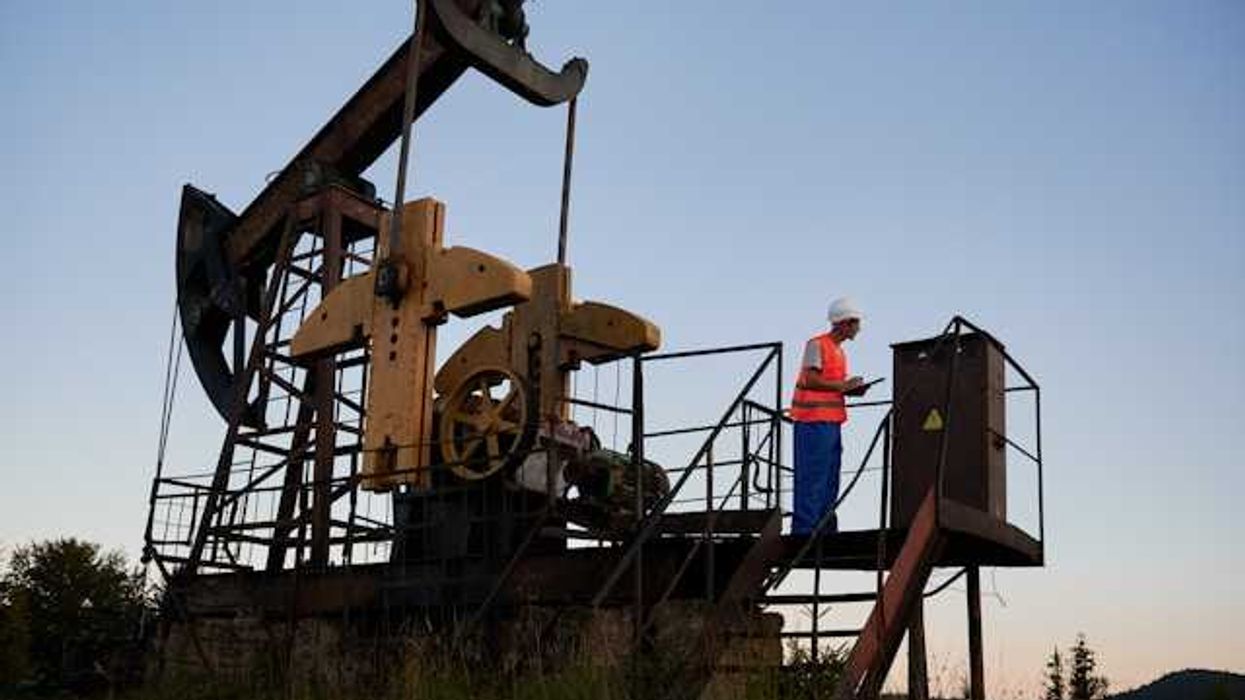The Arab world is exploring renewable energy alternatives, moving away from fossil fuels while avoiding exploitative practices.
Lylla Younes reports for Grist in partnership with The Public Source.
In short:
- The Arab world, rich in oil and gas, is also a potential hub for renewable energy, with vast deserts ideal for solar power.
- Concerns arise over replicating exploitative fossil fuel practices in renewable energy projects, like land grabbing and disenfranchisement of local communities.
- Hamza Hamouchene's research and new book highlight the need for equitable energy transitions that benefit local populations.
Key quote:
"We want to move away from an extractivist, fossil fuel, environmentally destructive, socially exploitative system, to a more sustainable, just, and equitable system for all its members."
— Hamza Hamouchene, researcher and activist
Why this matters:
The transition to renewable energy in the Arab world is crucial for global climate goals and regional stability. It represents a significant shift in energy policy, with potential health benefits from reduced pollution and a more sustainable environment. How can this transition be made equitable for local communities, ensuring they aren't sidelined in the global push for green energy?
Be sure to read: Colonialism, the climate crisis, and the need to center Indigenous voices




